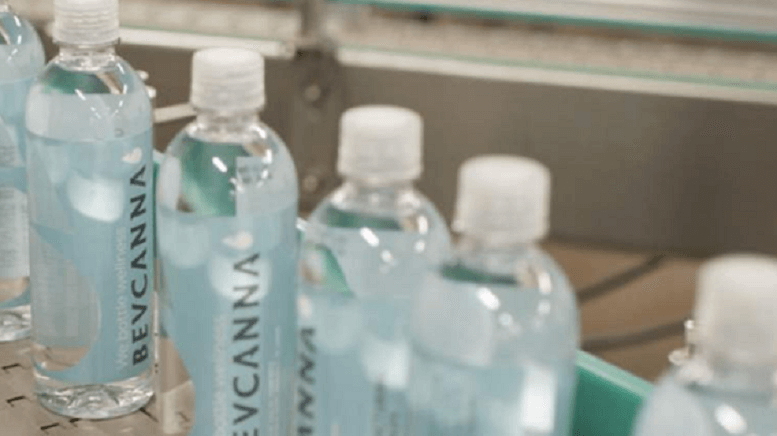VANCOUVER, British Columbia–(BUSINESS WIRE) – an emerging leader in infused cannabis beverages, Bevcanna Enterprises Inc. (CSE:BEV) (“BevCanna” or the “Company”), announced the results of its extensive North American-wide consumer study, focused on product and consumer preferences within the nascent cannabis-infused beverage market.
“The opportunity for brand builders is to leverage clean ingredients, in compelling and crave-worthy beverages that appeal to a health-conscious consumer”
Conducted by an independent research group on behalf of BevCanna, over 2,000 adults of legal drinking age were surveyed on their interest and preferences in current and potential products, purchase likelihood, preferred format (edibles, beverages, topicals, etc.) and most likely consumption occasions (pain relief, as a sleep aid, relaxation, etc). Survey participants were based in Canada, New York, and California.
The study found that while more Canadians are aware of THC-based cannabis products, and smokable/combustible forms of cannabis (joints, bongs, pipes) are currently the most common methods of consumption, it was CBD-based beverages that had the highest future purchase intent. Over 70 percent of Canadian consumers would “definitely” or “probably” purchase CBD-infused beverages once legal.
The study also found that consumers across all regions see CBD-infused beverages as contributing to a healthy lifestyle. Among 25 product concepts and six different positioning territories surveyed, the top-performing include ready-to-drink spring water-based beverages, which consumers see as complementary to their quality of life and contributing to a proactive approach to their wellbeing.
“The opportunity for brand builders is to leverage clean ingredients, in compelling and crave-worthy beverages that appeal to a health-conscious consumer,” said Emma Andrews, Chief Commercialization Officer at BevCanna and Registered Nutritionist. “Our research indicates that consumers are eager to try infused beverages to reduce/relieve pain, at the end of the day to relax or unwind or to help them achieve more restful sleep, even if there are limitations on health claims connected to recreational/adult-use products. Ultimately the product has to deliver on the expected outcome.”
And while Canadian consumers would also consider THC beverages as a means to relax and unwind, they tend to associate THC with consumption occasions such as hanging out with friends, or social gatherings. The study also found that 45 percent of Canadian consumers don’t associate cannabis with alcohol, viewing them as suitable for completely separate consumption occasions.
Infused beverages are expected to be legalized in Canada on October 2019.
About BevCanna Enterprises Inc.
Bevcanna Enterprises Inc. (CSE:BEV) develops and manufactures cannabinoid-infused beverages and consumer products for in-house brands and white label clients. With decades of experience creating, branding and distributing iconic brands that have resonated with consumers on a global scale, the team demonstrates expertise unmatched in the emerging cannabis beverage category. Based in British Columbia, Canada, BevCanna has a 100-acre outdoor cultivation site in the fertile Okanagan Valley and the exclusive rights to a pristine spring water aquifer, as well as a world-class 40,000-square-foot, HACCP certified manufacturing facility, with a current bottling capacity of up to 72M bottles per shift/per annum.
Disclaimer for Forward-Looking Information
This news release contains forward-looking statements under applicable securities laws, including the statement that infused beverages are expected to be legalized in Canada on October 2019. This statement is based on certain assumptions regarding anticipated changes to Canadian federal legislation to legalize infused beverages. Readers are cautioned not to place undue reliance on forward-looking statements. The assumptions of the Company, although considered reasonable by it at the time of preparation, may prove to be incorrect. In addition, forward-looking statements necessarily involve known and unknown risks, including, without limitation, risks associated with future legislative and regulatory developments and other risks. Such information, although considered reasonable by management at the time of preparation, may prove to be incorrect and actual results may differ materially from those anticipated. The Company disclaims any intention or obligation to update or revise any forward-looking statements, whether as a result of new information, future events or otherwise, except as required by law.









